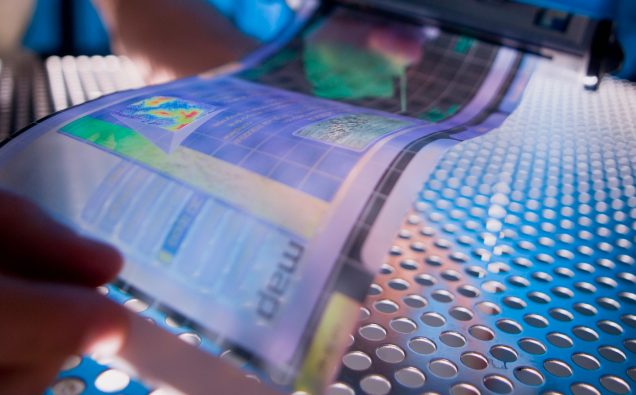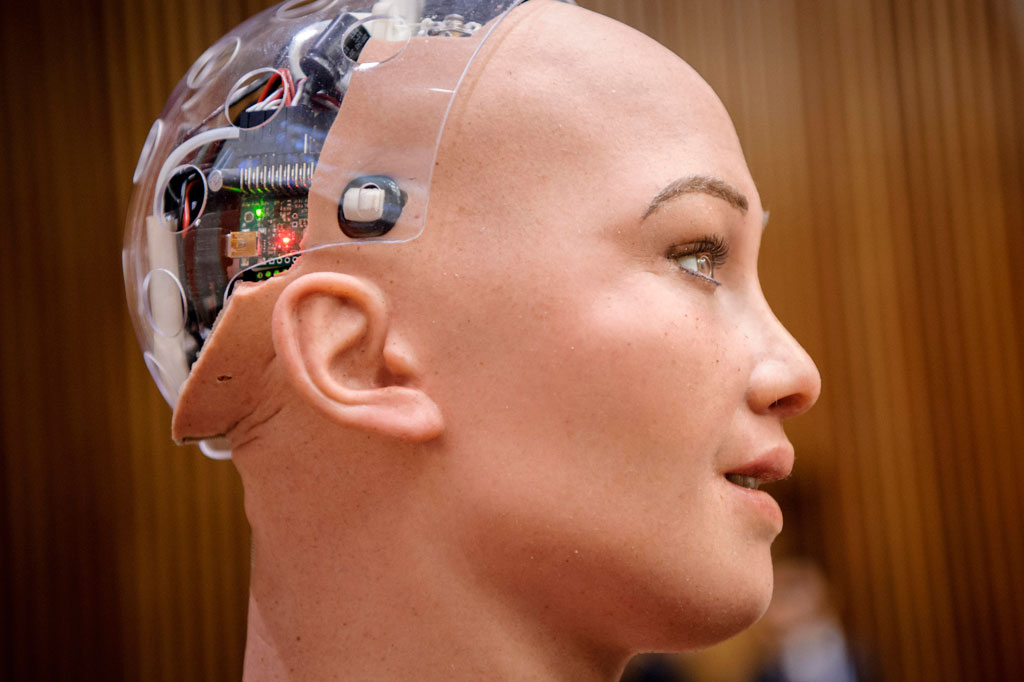
Apparently, Artificial Intelligence is benefiting all with ease in some of the key fields like small business, communication, medical and transportation.
Coupled with machine learning is the ubiquitous use of the Internet of Things. They are transitioning us into an Internet Society and an AI-driven world with both a windfall of profitable application and high-risk exposures to breakdowns for societies and countries.
The use of the Internet has become a great connection between institutions of learning, marketplace of ideas and business outreach. Similarly, automobiles have new safety features and data is helping find solutions to local and national problems in a big way.
So are world economies and societies prepared enough to deal with disruptions toward a new way of life?
“There are considerable uncertainties about AI, including the delegation of decision-making to machines, lack of transparency and whether technological change will outpace the development of governance and policy norms.
“Automation may profoundly change industry, affecting employment and the delivery of public services. Governments and societies need to prepare now for its effects,” a recent report entitled Internet Society wondered.
Since the world is not flat, scope and intensity of opportunities and challenges respectively are sure to vary considerably.
Countries and societies facing poverty and lacking governance and economic opportunity means millions or perhaps more than a billion may still be far from making best use of the automation technology. Cities also confront the challenges of running smoothly and efficiently while dealing with issues like cybersecurity threats.
17 ways #AI can help meet the #GlobalGoals for #SustainableDevelopment https://t.co/zANmkgJ21Z #AIforGood pic.twitter.com/syh7HueUv8
— ITU #AIforGood (@ITU) May 28, 2019
Experts believe the AI can be put to a focused use to address some of the longstanding problems that continue to keep millions around the world behind on the development track.
An opportunity to look into these issues came this week when over 2,000 participants from more than 100 countries came face to face with AI leaders and humanitarian actors in Geneva. They discussed ways that may put technology at the heart of efforts to improve education, healthcare and socioeconomic welfare of people.
Named AI for Good Global Summit particularly highlighted the AI’s role in confronting challenges like hunger, climate change and helping nations move into an era of smart cities.
At the same time, the fast-paced automation has raised all kinds of concerns including online invasion of individual privacy, development of dangerous weapons, and radicalization and implications arising from propagation of extremist ideologies.
“If we are to harness the benefits of artificial intelligence and address the risks, we must all work together – Governments, industry, academia and civil society – to develop the frameworks and systems that enable responsible innovation”, he said.
“These systems must be nimble and adaptable, capable of developing norms and self-regulation standards alongside legally binding laws and instruments when needed, as in the case of lethal autonomous weapons,” UN Chief Antonio Guterres said in a message.
Francis Gurry, Director General of the World Intellectual Property Organization (WIPO) reported that 340,000 AI patent applications have been filed since the 1950s.
“Artificial intelligence is one of the most important of the technologies that are currently transforming our economy and society,” he said according to the UN News Center.
Gurry also floated a number of thought-provoking points, while acknowledging there were pressing economic, social and ethical questions surrounding AI.
“We are at an extremely early stage, but the common characteristic is that the underlying technological activity…is occurring at a much more rapid speed than our capacity to formulate” responses, he said.


















